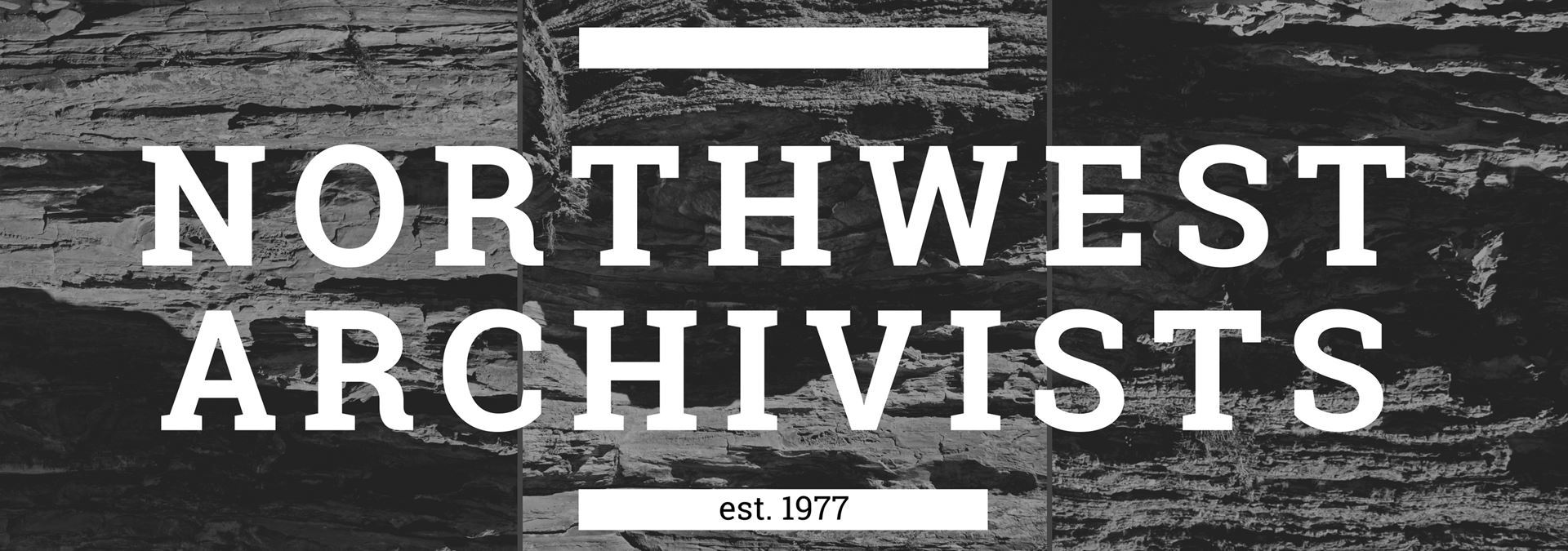"Reflection of Mt. McKinley on Wonder Lake in Denali National Park, Alaska, circa 1988." Randy Brandon Collection, Anchorage Museum, B2016.019.06458.036.04.04.
"Bridge across Hess Creek Canyon, leading the the Hartley house, circa 1885." George Fox University Photographs. GFU.01.09. George Fox University Archives. Murdock Library. George Fox University.
Unknown, "Students in Airplane, 1946." Linfield College Archives Photograph Collection. Image. Submission 113.
"Dr. Henry Fielding Reed leading a Mazama party down the soon-to-be-named Reed Glacier on Mount Hood, 1901." Mazama Library and Historical Collections, VM1993.020 Mt Hood, 1901.
Oregon Metro Archives.
"Deputy Seth Davidson rides his motorcycle up Beacon Rock on March 18, 1930. From the records of the Multnomah County Sheriff's Office." Multnomah County Archives.
"Mount Hood from Lost Lake, circa 1910." Kiser Photo Co. photographs, Org. Lot 140, bb000223, Oregon Historical Society Research Library.
“University of Oregon Medical School football team, 1894,” OHSU Digital Commons, accessed August 16, 2018.
"Old Fort Road Campus, circa 1950s," University Archives, Oregon Institute of Technology.
"Belle Bloom Gevurtz, Sarah Goodman, Ophelia Goodman, Helen Goodman, Lillian Heldfond, and Ann Zaik at Cannon Beach, circa 1914," Oregon Jewish Museum and Center for Holocaust Education, OJM2996.
"Men repairing the dome of Congregation Beth Israel building on NW Flanders St., designed in 1925 by Herman Brookman, 1981," Oregon Jewish Museum and Center for Holocaust Education, OJM9966.
"View of OAC from Lower Campus, 1909." Oregon State University Archives and Special Collections.
"Woman with Child, n.d.," C.M. Russell Museum, Great Falls, Montana. Joseph Henry Sharp Photograph Collection.
"Green Lake Park, 1985." Seattle Arts Commission. [Office of Arts and Cultural Affairs]. Seattle Municipal Archives.
"Aerial view of Century 21 World's Fair, 1962." City Light Negatives, Seattle Municipal Archives.
"PH037_b089_S00208," Angelus Studio photographs, 1880s-1940s, University of Oregon. Libraries. Special Collections & University Archives.
"Students studying in the library, University of Washington, circa 1908-1909," Arthur Dean University of Washington Photograph Album, PH Coll 903, University of Washington Libraries Special Collections.
Asahel Curtis, "Forest ranger cabin in the Olympic National Forest in the Elwha Valley, 1924." Conservation Department, Planning and Development division, Lantern Slide Shows, Washington State Archives.
Asahel Curtis, "Stacking alfalfa hay near Grandview, circa 1925." Conservation Department, Planning and Development division, Lantern Slide Shows, Washington State Archives.
"Inauguration of Governor Ferry, November 11, 1889." Rogers (photographer), Inauguration of Governor Ferry Photographs, 1889, Washington State Archives, Digital Archives.
Asahel Curtis, "Yakima Pears." Washington State Library collection of photographs by Asahel Curtis, circa 1920-1940 (MS 0544-29).
"Student in Professor Frank Chalfant's Phonetics Laboratory," 1912. The lab was an early precursor to today's Foreign Language Lab. Washington State University Lantern Slides collection.
Bill Phillips, "Wheel Shop employees in Livingston during the last days of Livingston BN Shops," Park County." Yellowstone Gateway Museum.
